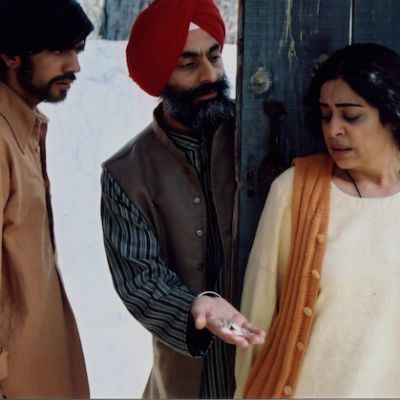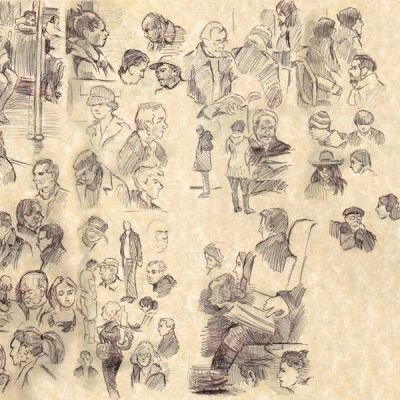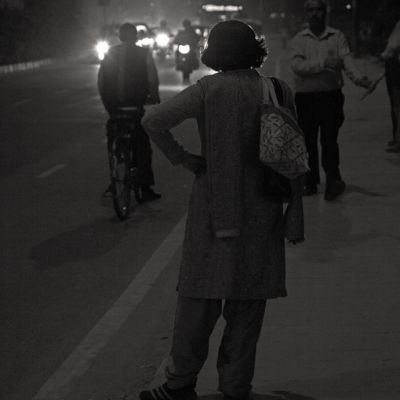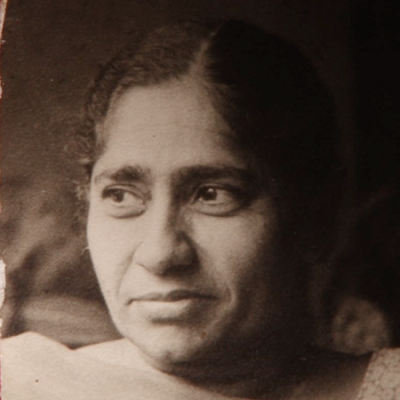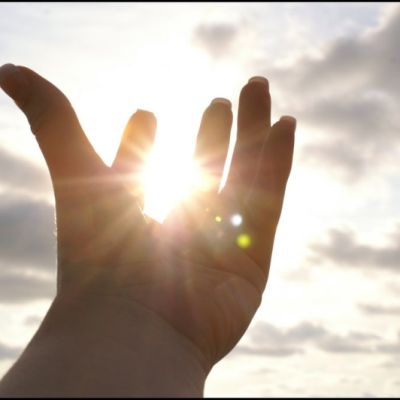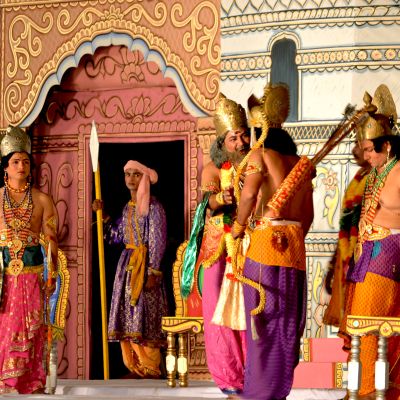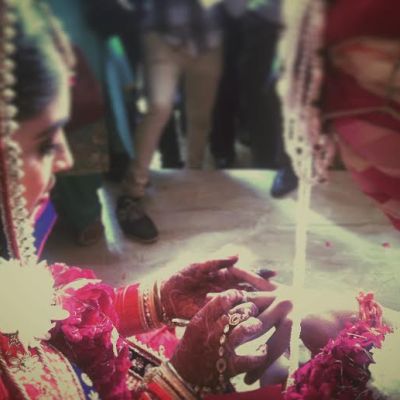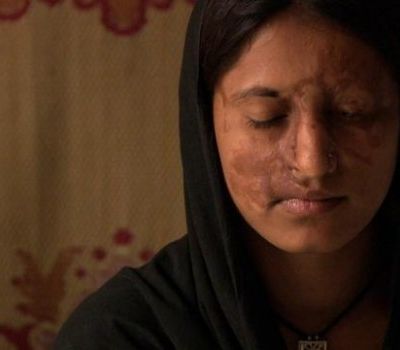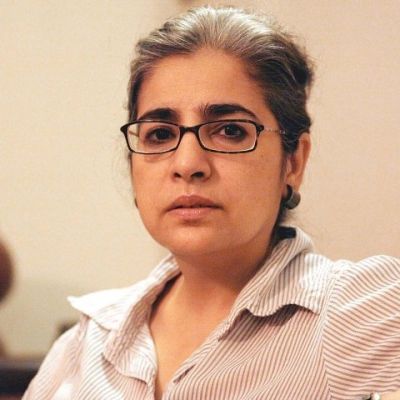Surbhi Dewan
As I began to read about feminist methodology in academic research, it felt like I finally found words to articulate my experience. Feminist methodology addresses problems in traditional forms of scientific and social research, such as giving high regard to objectivity and rationality, and the power equation in the researcher-subject relationship.
मैं उत्तरी दिल्ली के एक कमर्शियल कॉम्प्लेक्स में एक छोटे तंग से ऑफिस में हूँ। यहाँ बाहर किसी भी कंपनी…
Standing behind the camera, with a microphone in one hand, I have felt this power imbalance first hand. The camera may humanise the person in front of it more than a text analysis would, but the modes of production remain in someone else’s hands.
In this age of surveillance, for the sake of convenience/safety/communication, nothing is sacred anymore. Our lives are exposed, and wholly accessible to whoever is willing to pay a price for it. What keeps these women detectives going is their faith in the value of the work.
गुमशुदा घरों से जुडी कहानियाँ आज दुनिया के कोने-कोने में मिलती हैं, लेकिन फिर भी देखा गया है कि लोग…
Who fights, who flees and who flows with the tide? Branching off from the community, with all the comforts that it offers, can become a true test of character.This year marks the 70th anniversary of the Partition of India – a significant chapter in our history when millions of people were faced with this dilemma.
I was a shy kid, coming into my element only at home with my sister. I didn’t like being at social gatherings; large groups of peers or family made me go back into my shell. I never thought this would change, but like everything else, it did. I was surprised to find myself becoming a very sociable young adult, creatively inclined, and the life of any party.
Invitation cards had been printed. Her parents wanted to get the best of everything for her. She knew that all this generosity came more out of them trying to put up appearances than out of their love for her. Instead of trying to make sense of it all, or to reason with them, she was told to just enjoy this special life event. Once the whole family had arrived, all of her father’s financial worries and her mother’s emotional ones got drowned in the festivities that took place each night. The bright strings of lights flickered all around the house, announcing the upcoming marriage to the world.
The dream soon turned into an obsession, fuelled by my kind and supportive father who would’ve done the same for me no matter what I had decided to obsess over. Before I knew it, my whole life revolved around cricket. I had a room full of posters of men who played cricket, and a brain full of cricket facts and trivia. The posters covered every inch of my room. I remember picking up new ones every other week from the street-side sellers of Connaught Place in Delhi, and found one with every new issue of The Hindu’s sports magazine called Sports Star.
When rumours of the Partition spread, many families began leaving their homes and moving out. How the Hindus and Sikhs behaved there (in what was to be India), Muslims did the same things here (in what was to be Pakistan). They would say, ‘Let’s go loot!’
It could be your best friend, a partner, a sister or a parent. Hurting and getting hurt seem to form the basic universal nature of relationships. I have always wondered about why we like creating these connections, and why we need this social network.
When the opportunity to work on a documentary film shoot about mapping Ramleela (a dramatic folk re-enactment of the life of Ram(a), an avatar of Hindu god Vishnu, and his wife Sita, an avatar of goddess Lakshmi) performance traditions across the state of Orissa presented itself, I had three thoughts in my head.
I envy confident women. It could be the way a woman speaks her mind, the way she dresses, or just…
In continuation of Mirroring Reality: A Conversation with Sabiha Sumar – Part 1 Sabiha Sumar presents the harsh reality of…






